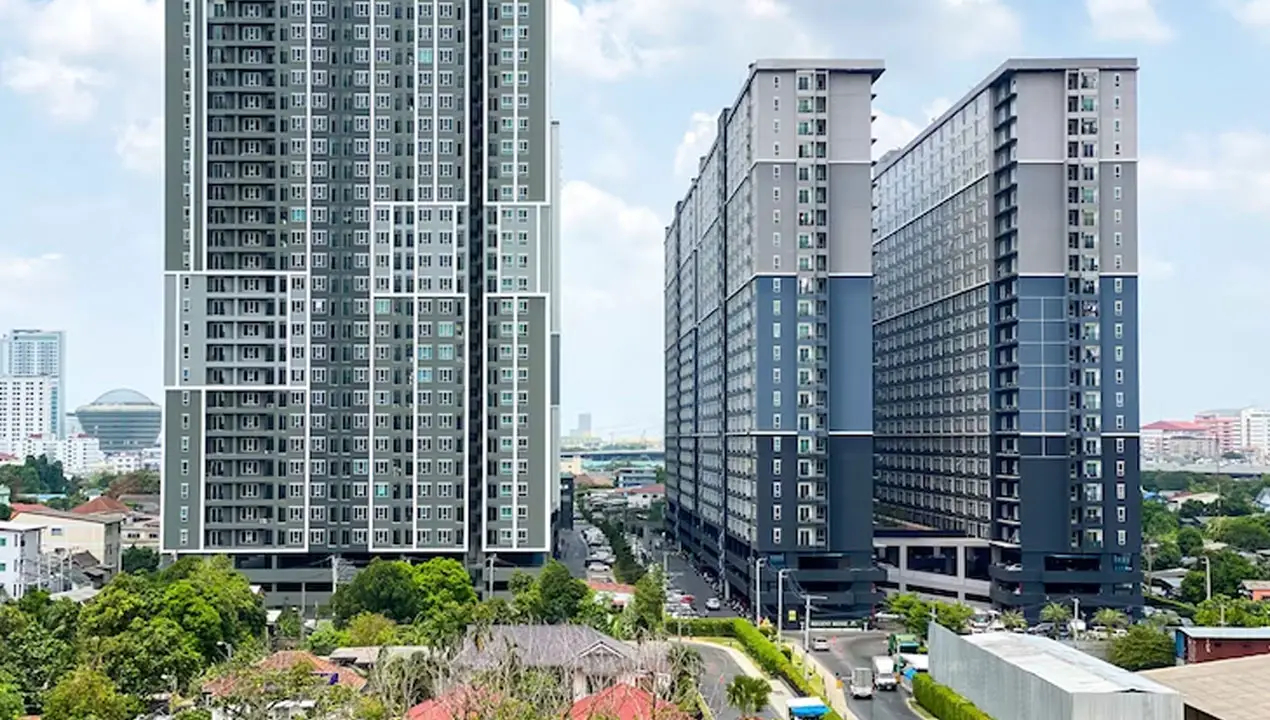In the wake of the pandemic, Turkey’s commercial real estate sector has emerged as a focal point of interest, especially in the past year. The influx of foreign buyers seeking permanent residence has driven a surge in demand, with a particular focus on lucrative options such as villas for sale in Turkey, catering to entrepreneurial aspirations.
This article explores the evolving landscape and highlights key opportunities for securing the best commercial projects in Turkey.
Shifting Tides: The Evolving Demand for Commercial Property in Turkey
Industry experts observe a notable shift in buyer preferences, transitioning from residential to commercial projects within the country.
The spike in applications for Turkish citizenship is a noteworthy trend. Surprisingly, this shift can be attributed to restrictions on obtaining residence permits, limiting income potential from renting long-term residences to foreigners.
Consequently, aspiring Turkish passport holders are turning to commercial real estate, recognizing it as a viable avenue for income generation.
Exploring Turkey’s Commercial Offerings Along the Mediterranean Coast
Turkey’s diverse commercial property portfolio, scattered along the Mediterranean Coast, caters to varying tastes and budgets. From shopping malls housing global brands to smaller enterprises offering textiles, leather goods, souvenirs, and services, there’s a myriad of options for investors. Branded shopping malls, some with tenants generating an annual yield of 8.3% at a price of €192,500, present lucrative opportunities.
Investors eyeing Turkish citizenship can strategically acquire multiple properties. Options range from spaces with existing tenants (under long-term contracts) to vacant commercial projects.
Navigating Turkish Citizenship Amidst Current Realities
Prospective buyers aiming for Turkish citizenship should meticulously scrutinize transaction parameters, as will the Turkish authorities. The assessed value of the property plays a crucial role in citizenship applications, often reflected in the cadastre.
However, the local real estate market’s high prices, coupled with comparable values for old and new projects, pose challenges. Owners of properties held for less than five years may face tax implications, complicating the evaluation process.
Projections for the Turkish Real Estate Market Recovery
Insights from real estate experts suggest a potential rise in property prices in Turkey by 2024, with recovery beginning within six months. Government interventions could expedite the process.
Despite a 20.6% drop in home sales in November 2022, foreign buyers remained active, acquiring 2,650,000 properties in the first 11 months. Experts anticipate the end of the crisis in 2024, foreseeing a resurgence in prices due to increasing construction costs.
Land is expected to outperform apartments and villas, influenced by reduced foreign investor numbers and tightened mortgage lending conditions.
Navigating Challenges: Foreigner Perception and Legislation Impact
Several factors contribute to the current real estate scenario in Turkey. The decrease in foreign investors, a 46.1% decline post-elections, and tightened mortgage lending conditions affecting property sales are notable challenges.
Additionally, negative perceptions stemming from new legislation have played a significant role in reducing foreign demand. Overcoming these challenges may take around six months, as historical events like earthquakes demonstrate.
Seamless Property Acquisition with Expert Assistance
For those considering a property investment in Turkey, the platform Turk.Estate offers a comprehensive catalog of lucrative opportunities. Whether seeking a residence or a commercial venture, prospective buyers can benefit from expert guidance.
The platform’s managers and brokers provide end-to-end support, ensuring a seamless transaction experience—from securing a property at a competitive price to post-sales services. Your dream home or investment awaits in Turkey; take the decisive step and explore the offerings at Turk.Estate.

